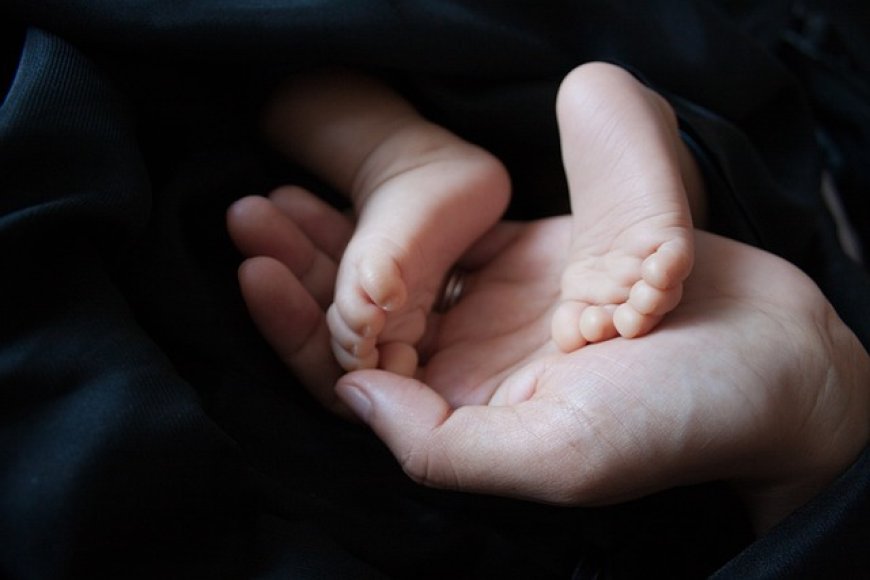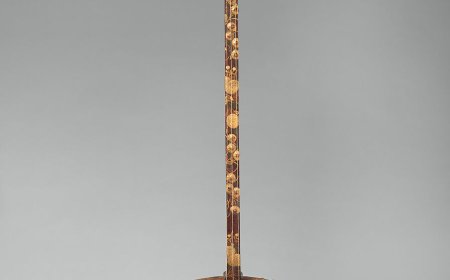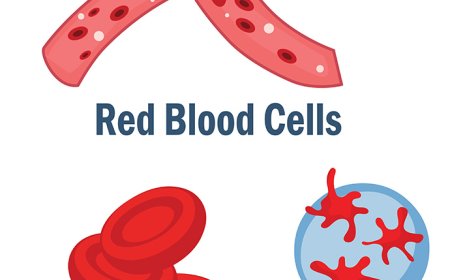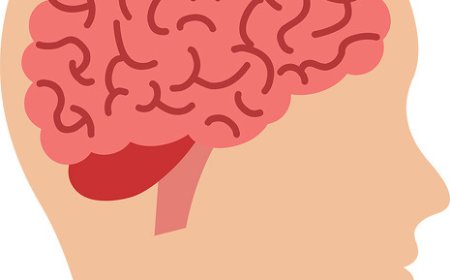Organs in Humans

Organs in Human Anatomy
Definition: An organ is a group of tissues that work together to perform a specific function in the body. Part of: Organ systems (e.g., digestive, nervous). Examples: Heart, brain, lungs, stomach, skin.
🧠 What Is an Organ?
An organ is a specialized body part made of different tissues working together to keep you healthy and functioning. For example, the heart pumps blood, the lungs take in oxygen, the stomach digests food, and the brain controls thoughts and movement. Organs form systems that run your entire body.
🧬 From Cells to Systems
Body organization: Cells → Tissues → Organs → Organ Systems → Organism.
🏛️ Major Organ Systems and Their Main Organs
| System | Main Organs | What It Does |
|---|---|---|
| Circulatory | Heart, blood vessels | Moves blood, oxygen, nutrients |
| Respiratory | Lungs, trachea, diaphragm | Brings in O₂, removes CO₂ |
| Digestive | Stomach, intestines, liver | Breaks down food, absorbs nutrients |
| Nervous | Brain, spinal cord, nerves | Sends messages, controls actions |
| Muscular | Skeletal muscles, diaphragm | Moves body, maintains posture |
| Skeletal | Bones, joints | Supports body, protects organs |
| Endocrine | Glands (pituitary, thyroid) | Sends hormones to control functions |
| Excretory/Urinary | Kidneys, bladder | Removes waste, controls water balance |
| Reproductive | Ovaries, testes, uterus | Allows reproduction and growth |
| Integumentary | Skin, hair, nails | Protects body, controls temperature |
| Immune/Lymphatic | Lymph nodes, spleen | Defends against disease |
🧠 Examples of Important Human Organs
- Heart: Pumps blood; part of circulatory; made of cardiac muscle.
- Brain: Controls thoughts, movement, breathing, senses; part of nervous; protected by skull.
- Lungs: Exchange O₂ and CO₂; part of respiratory; work with heart.
- Liver: Filters toxins, stores energy, makes bile; part of digestive.
- Kidneys: Filter blood, make urine; part of urinary.
- Stomach: Breaks down food with acid and enzymes; part of digestive.
- Skin: Largest organ; protects, cools, senses touch; part of integumentary.
⚙️ How Organs Work Together
- The brain tells the lungs to breathe.
- The heart sends oxygenated blood to muscles.
- The stomach digests food and the liver processes nutrients.
- The kidneys clean blood after nutrient use.
🌡️ Can Organs Get Sick?
- Asthma affects the lungs
- Heart disease affects the heart’s pump
- Kidney failure stops blood filtering
- Liver damage from toxins or infection
- Brain disorders like epilepsy or stroke
Specialists: cardiologist (heart), neurologist (brain), etc.
✅ Keeping Your Organs Healthy
- Eat a balanced diet
- Drink plenty of water
- Exercise regularly
- Sleep 8–10 hours per night
- Don’t smoke or vape
- See a doctor if you feel unwell
🧠 Vocabulary Review
| Word | Meaning |
|---|---|
| Organ | Group of tissues working together |
| Tissue | Group of similar cells |
| System | Group of organs with related tasks |
| Homeostasis | Body’s way of staying balanced |
| Specialist | Doctor for a specific organ or system |
🌟 Fun Facts
- The average adult has 78 organs
- Your small intestine is about 20 feet long
- You can live with one kidney or lung
- The skin defends against germs
- The liver can regenerate if part is removed





















































